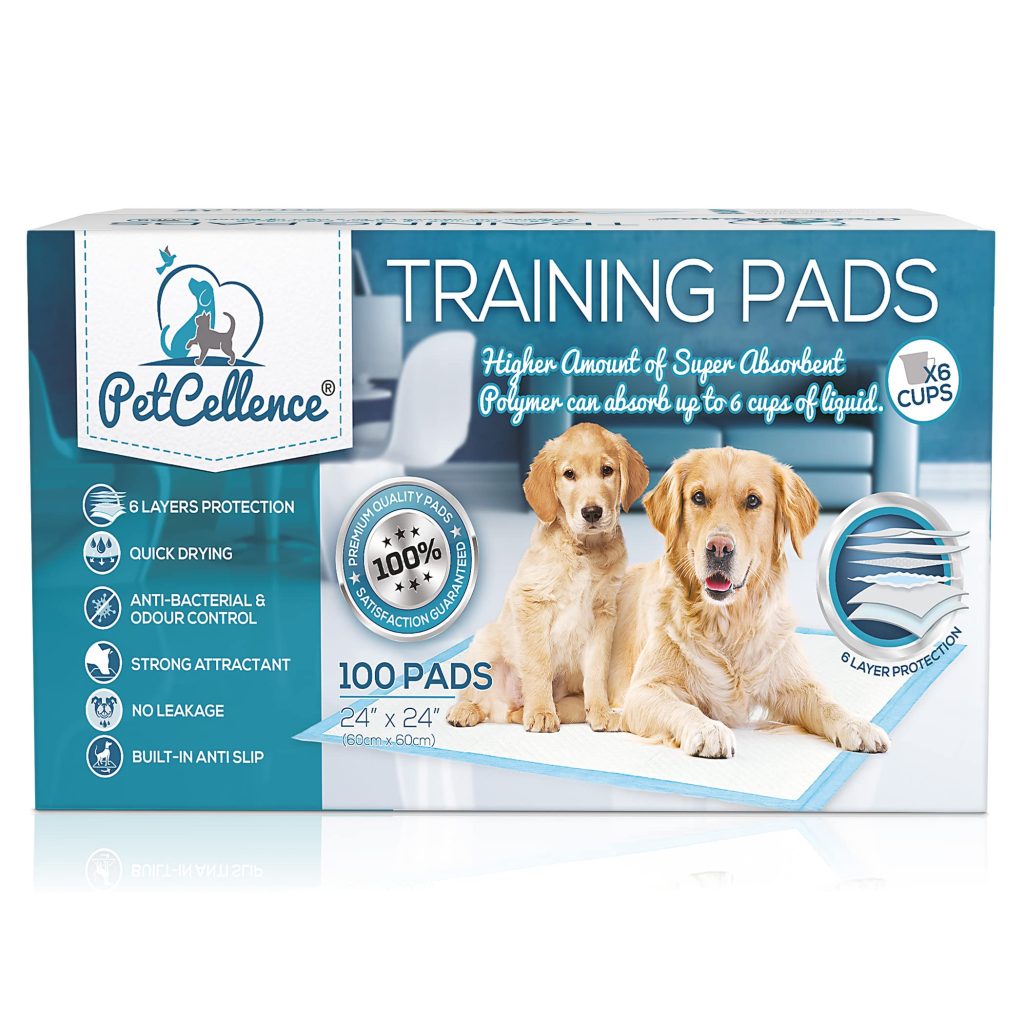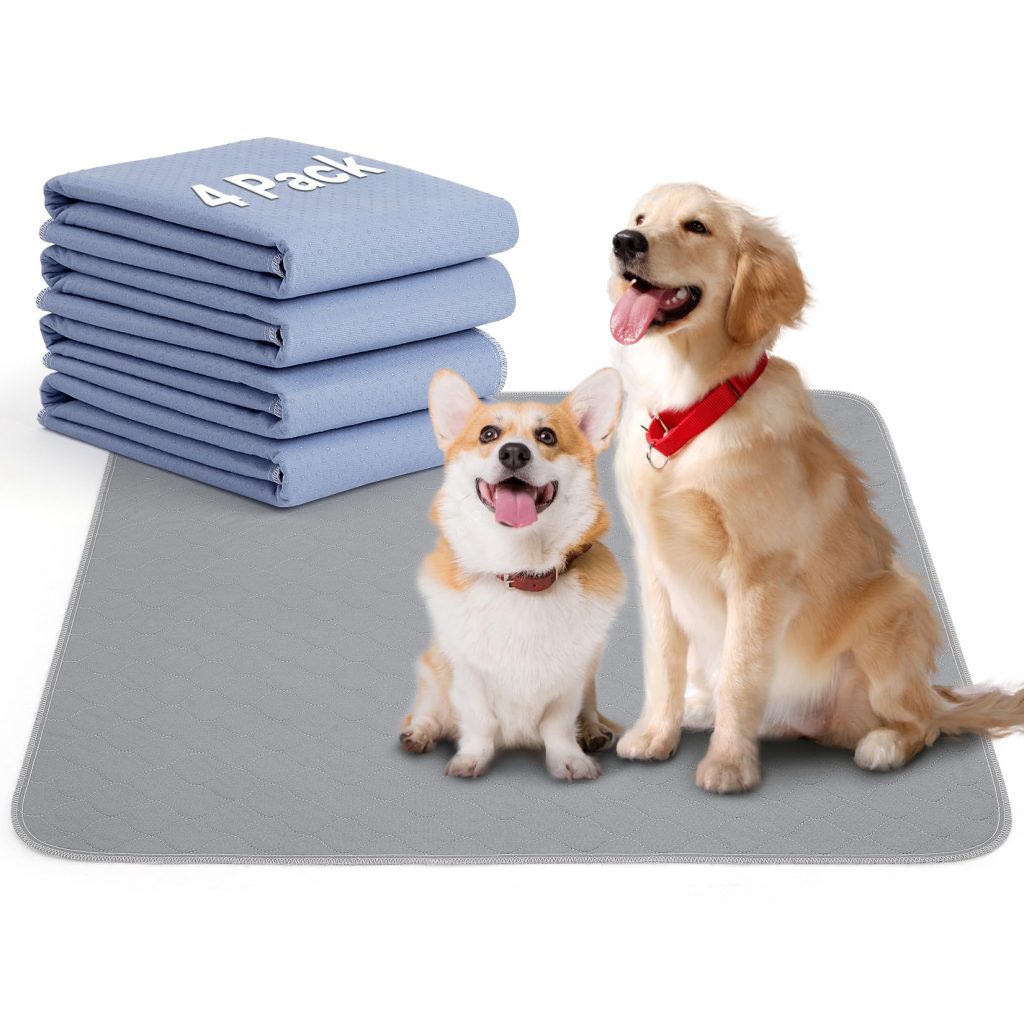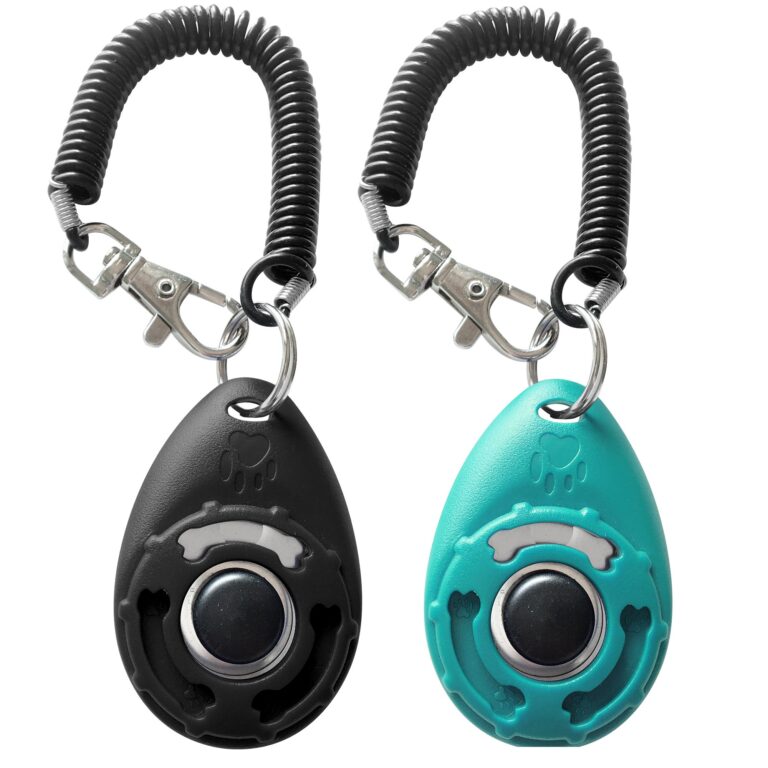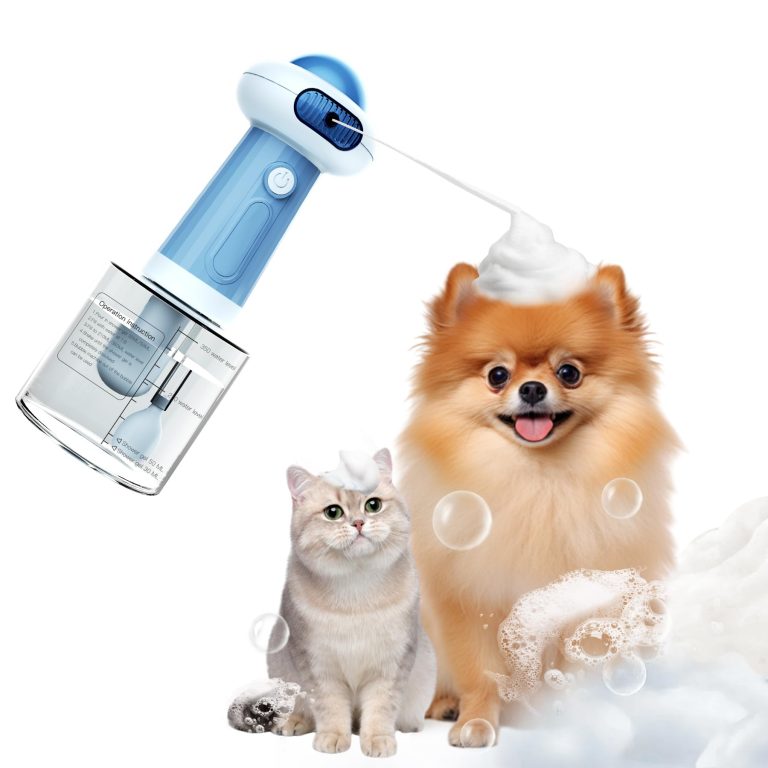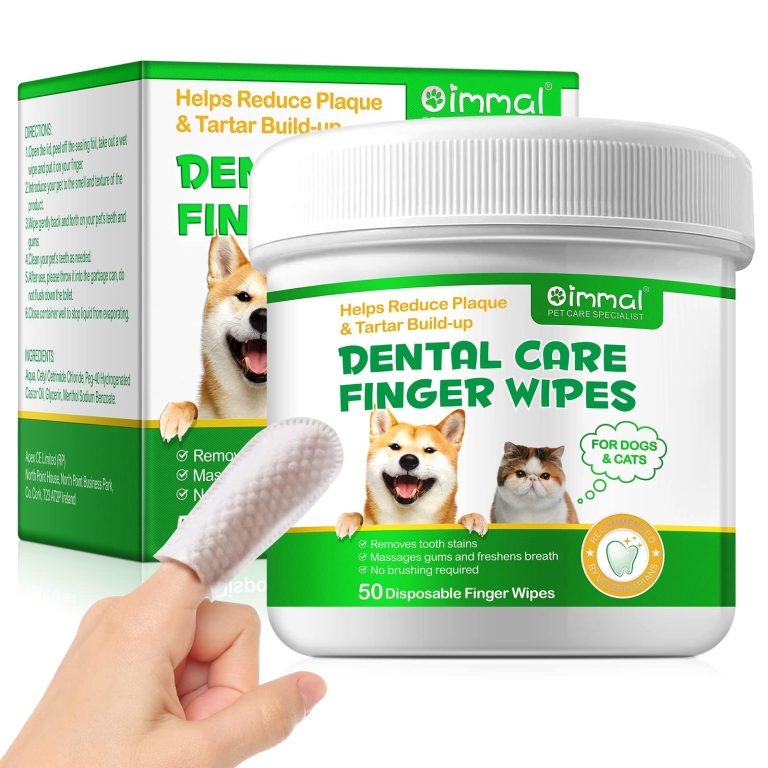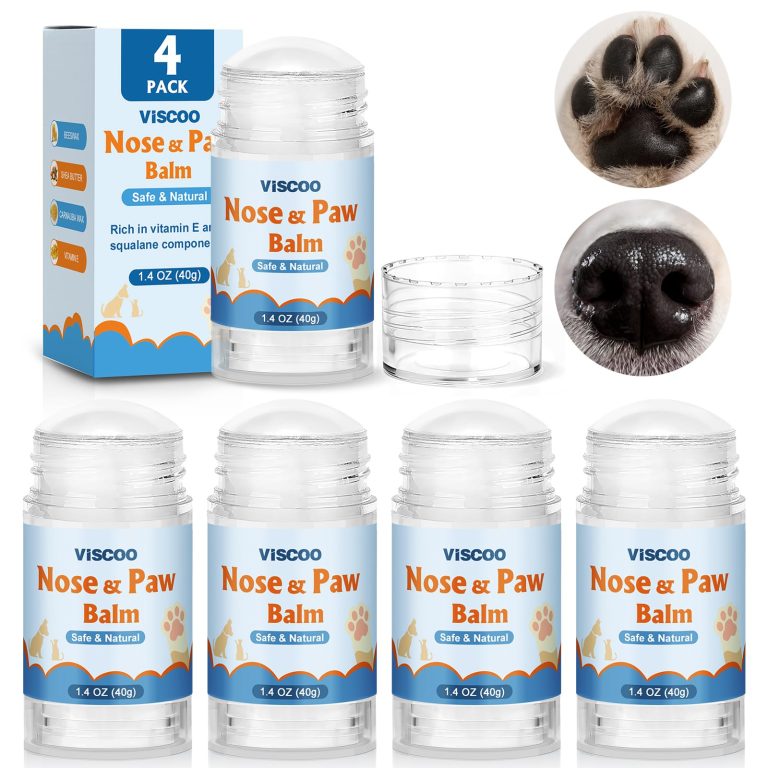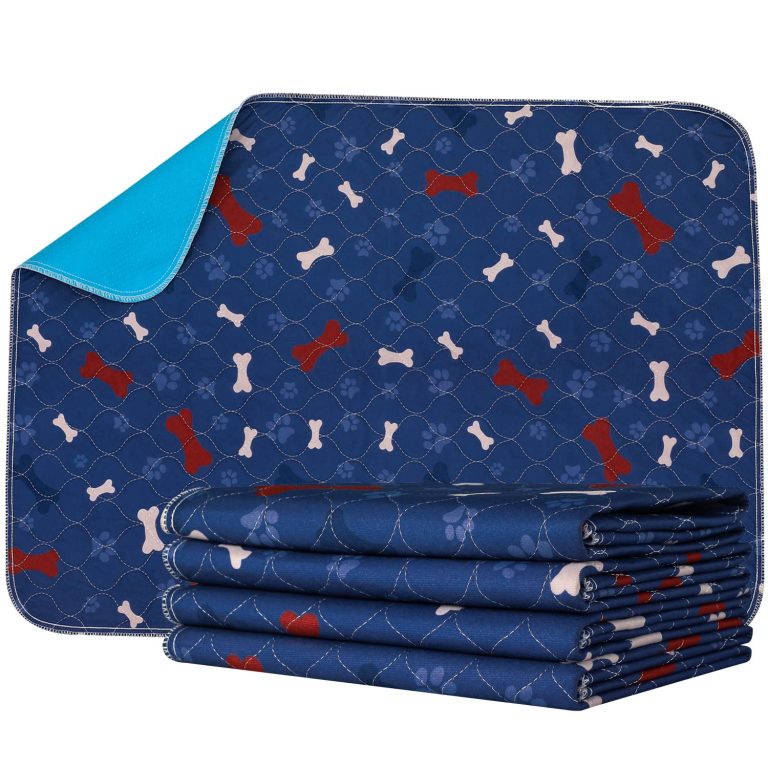Plott
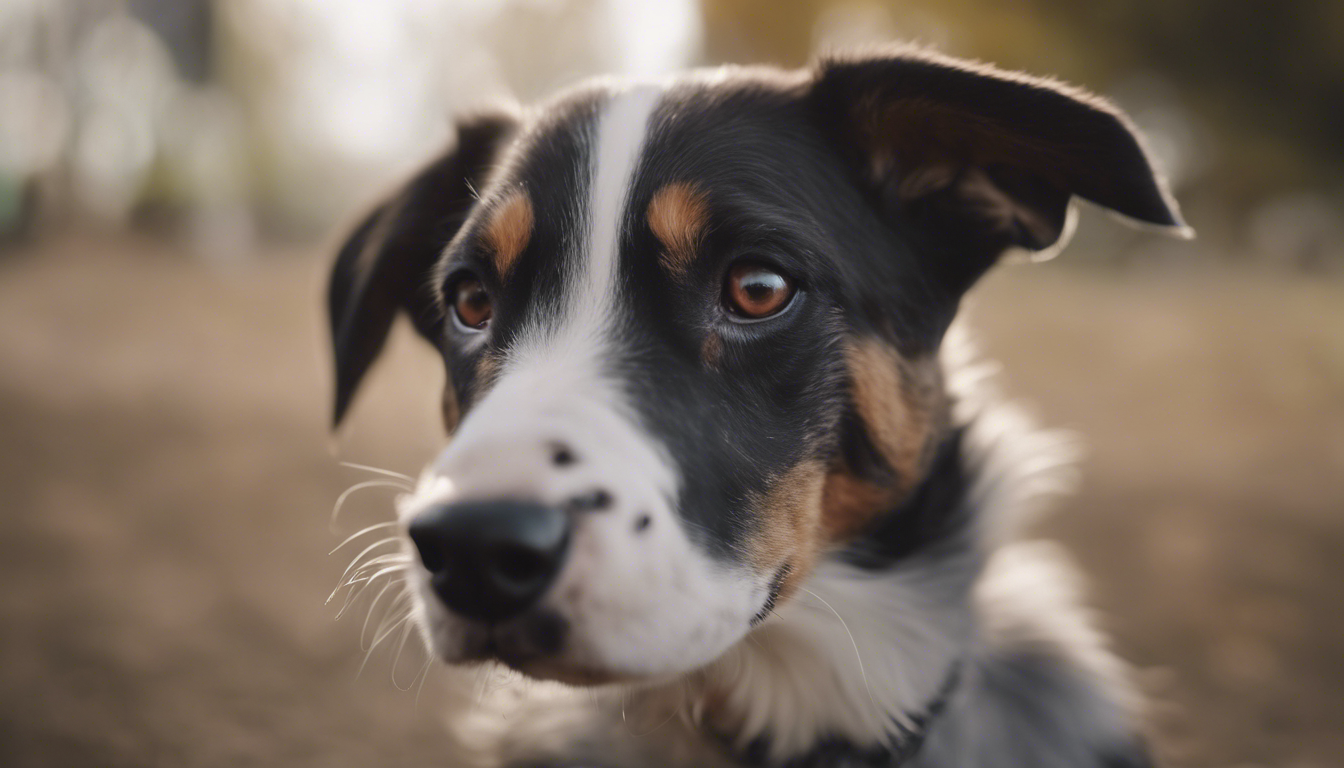
Plott: A Hardy and Versatile Breed
Characteristics:
The Plott, also known as the Plott Hound, is a medium to large-sized breed that originated in Germany. They have a well-muscled and athletic build, with a sleek coat that comes in various colors such as brindle, black, and tan. Plotts have a keen sense of smell, making them exceptional hunting and tracking dogs.
Temperament:
Plotts are known for their loyalty, intelligence, and determination. They are highly energetic and require mental and physical stimulation to stay happy. While they can be independent at times, they are typically affectionate and enjoy being part of the family. They tend to get along well with children and other pets, although proper socialization from an early age is important.
Exercise Needs:
Due to their active nature, Plotts require regular exercise to prevent boredom and maintain good health. Daily walks, jogs, or play sessions in a fenced yard are necessary to fulfill their exercise needs. Engaging activities like obedience training, agility, and tracking exercises can also help keep their minds stimulated and prevent destructive behaviors.
Potential Health Issues:
Plotts are generally a healthy breed but may be prone to certain health conditions. One of the most common issues is hip dysplasia, a degenerative joint disease that can cause lameness and pain. Regular vet check-ups and monitoring their weight can help detect and manage this condition. It is also important to note that Plotts have sensitive ears prone to infections, so regular cleaning is necessary.
Grooming Requirements:
The Plott’s short and dense coat is relatively low-maintenance and only requires occasional brushing to remove loose hairs. Bathing should be done as needed, typically every two to three months or when they get dirty. The ears should be checked regularly for signs of infection, and the nails trimmed regularly to prevent overgrowth and discomfort.
Dietary Recommendations:
As an active breed, Plotts require a high-quality dog food that is appropriate for their age, size, and activity level. A diet rich in protein and healthy fats can help maintain their lean muscles and provide them with the energy they need. Feeding schedules should be consistent, with portions based on their individual needs, and access to fresh water should always be available.
Caring for a Plott requires dedication, commitment, and understanding of the breed’s specific needs. Providing them with regular exercise, mental stimulation, proper nutrition, and regular vet care can help ensure their overall well-being. With consistent training and socialization, Plotts can make excellent companions for active people or families seeking a loyal and hardworking canine partner.

